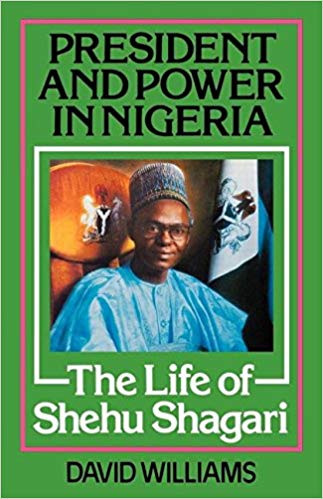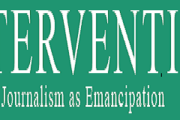As news of the death of Alhaji Shehu Shagari flashed across Nigeria Friday evening, December 28th, 2018, the Second Republic president of Nigeria brings back to most citizens who observed him in power memories of the era of power by consensus. Shagari who did not set out to bid for power as president was, however, considered good fit by some players in 1978 as the military prepared to hand over to civilians. He eventually won the ticket of the then most dominant national platform, the National Party of Nigeria, (NPN) after people like the late Adamu Ciroma and equally late Yusuf Maitama Sule withdrew for him. In what the now late Tribune columnist, Labanji Bolaji, called President By Mathematics in the book by that title, Shagari beat four others – Chief Obafemi Awolowo of the Unity Party of Nigeria, (UPN); Dr Nnamdi Azikiwe of the Nigeria People’s Party, (NPP); Alhaji Waziri Ibrahim of the Great Nigeria People’s Party, (GNPP) and Alhaji Aminu Kano of the Peopl’e Redemption Party, (PRP).
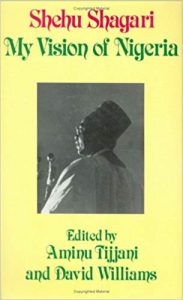

The late Dr Alex Ekwueme, Vice-President to Shagari, a cheerful combination
The Shagari Presidency was, however, marked by turbulence. The NPN which did not have a clear majority at the National Assembly had to go into an alliance with the NPP. They were, therefore, able to get off the ground. But the bitterness that followed the election did not fade. Not only did the other parties coalesce into the Progressive Parties Alliance, (PPA), the Nine Governors Meeting emerged from that alliance. The NPN never called it alliance but gang-up. The Unity Party of Nigeria and its intellectual resources – media, ideologues and professionals – piled up pressure on the Shagari regime on partisan terms. The third source of pressure came from the economic crisis which arose almost immediately after take-off of the regime. While the government bought the idea that it was caused by collapse of oil prices, radical critics, particularly those based at the Ahmadu Bello University, Zaria dismissed such analysis, saying it was a manifestation of Nigeria’s weak location in the world economy. Another set said it was due to the role of contractors, consultants and other forms of middlemen who act as conveyor belt of global capitalism that the crisis could be traced to. In a surprise move, the NPN government rejected classical IMF loan conditionalities and, instead, opted to look inward.
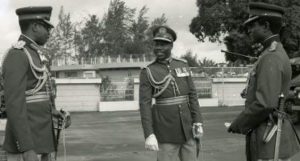
The triumvirate Shagari took over from in 1979: Obasanjo, YarAdua and Danjuma
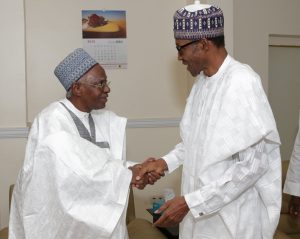
And with Gen Buhari who took over from him many years after
As conditions worsened along with what some scholars now call the fore-runners of Boko Haram: the Maitatsine uprising of 1980 in Kano, the rancours as well as the narrative of widespread corruption, the regime ended up resorting to what, by consensus, was rigging itself to power in the 1983 General Elections. Its ideologues even called it moon and sea slides rather than landslides. It was not long before the soldiers sent the president packing in the December 1983 coup believed in most academic papers on that event to be a coup of ‘gentlemen farmers’. By that, they were referring to the officers who left government on the basis of some understanding with Shagari on what ideological direction should guide the management of the economy.

Shagari is also seen here with Chief Obafemi Awolowo when he gave him national honours in 1983
What is remarkable direction is that as turbulent as the period in question, Shagari as a person never lost his cool. In fact, he experimented with statesmanship by bringing the civil war to a close by pardoning the late Emeka Ojukwu. The one most remembered must be his national honours to Chief Awolowo, his most organised critic who had not only gone to court on the result of the election but also alerted the nation very early in the day that the Nigerian economy was heading for crisis. Shagari, it was also understood, never agreed with the impeachment of Alhaji Balarabe Musa, the governor of Kaduna State who was vulnerable because his party – the PRP – was the minority in the state legislature.
He might as well be the most heckled president of Nigeria apart from Abacha. Some columnists called his a stolen presidency but there was no arrest or detention of journalists. Instead, he acceded to the request of high flying late Dele Giwa to stay up, up close to him unhindered for a week. The late Giwa played up the encounter in a series of reports thereafter. He got into trouble subsequently though along with his friend, Ray Ekpu and were detained but not for what they wrote but police tactics of the IGP then, the late Sunday Adewusi. Giwa is understood by some people to have annoyed Adewusi by writing a column in which he said that all robbery king-pins were known to the IGP.

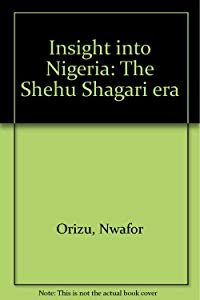 It is puzzling that Shagari would rank as the most documented president of Nigeria. No less than seven books have been published on his tenure. There are those he wrote as a poet in his own right or his autobiography and there are those written on him by others. Sokoto State governor, Aminu Tambuwal who announced the death of the former president early evening today has started the mourning. An avalanche of messages of condolence is bound to follow the death of a democrat.
It is puzzling that Shagari would rank as the most documented president of Nigeria. No less than seven books have been published on his tenure. There are those he wrote as a poet in his own right or his autobiography and there are those written on him by others. Sokoto State governor, Aminu Tambuwal who announced the death of the former president early evening today has started the mourning. An avalanche of messages of condolence is bound to follow the death of a democrat.
It would be interesting to read a documentation of the tributes with a view to establishing the substance of the 2018 memories of a 1983 president of Nigeria!

